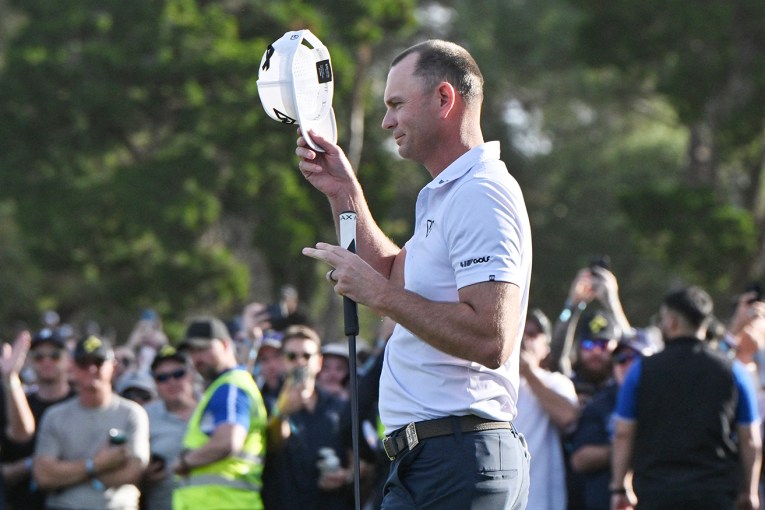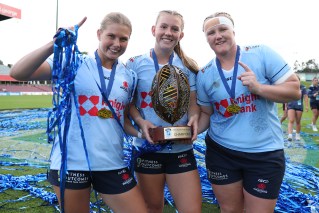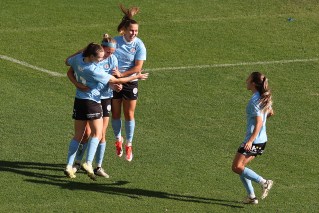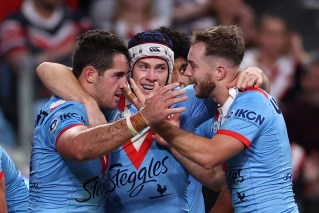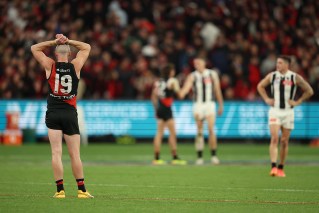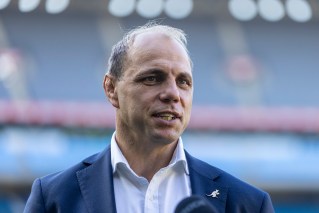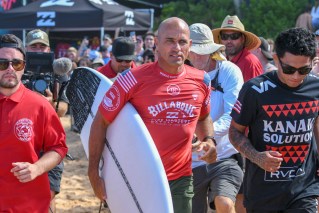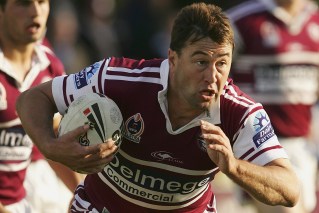Hackett case drives home the struggle for retired swimmers

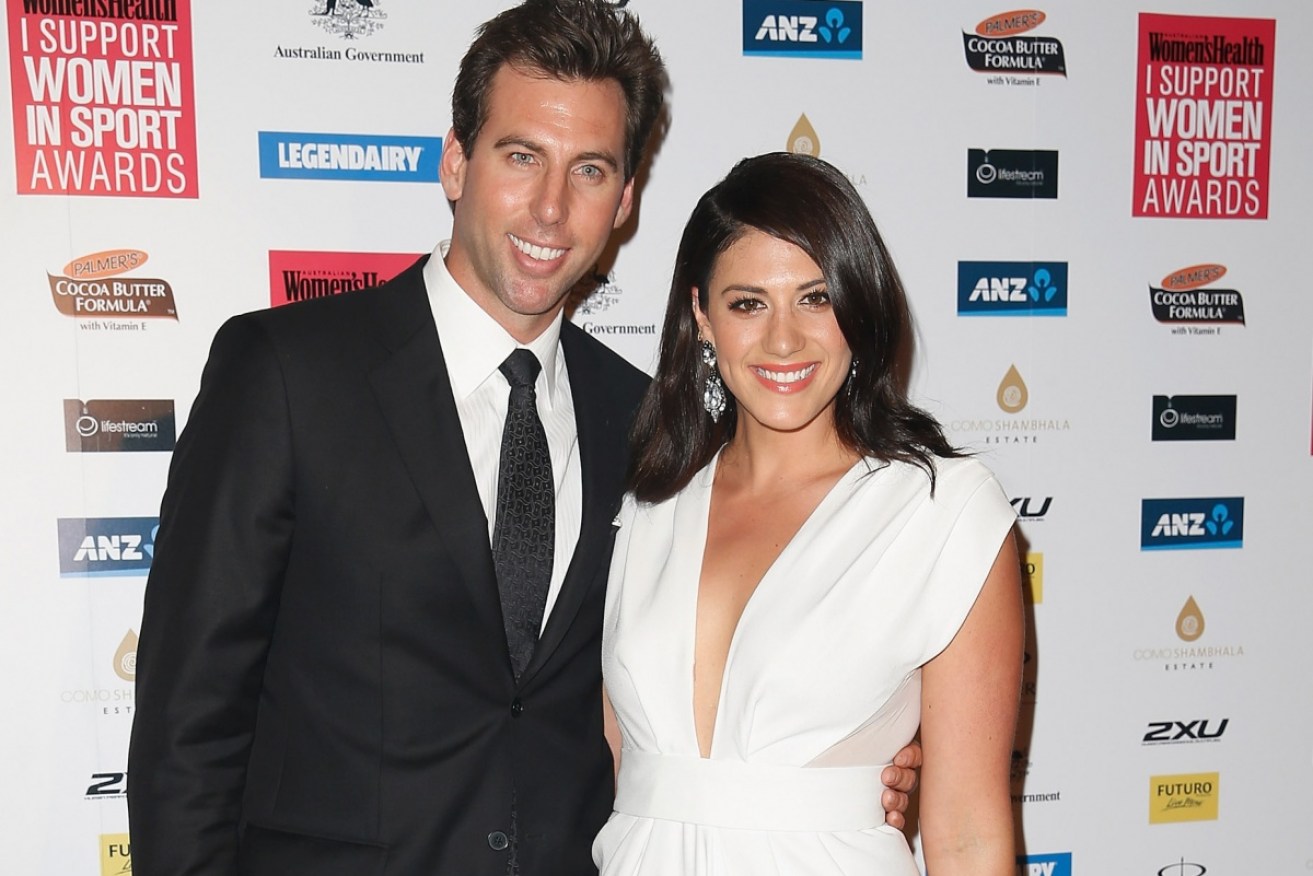
Stephanie Rice speaks up about post-retirement struggles as AWOL Grant Hackett is found. Photo: Getty
Three-time Olympic gold medallist Stephanie Rice says short-lived careers and lack of financial support mean professional swimmers have a harder time transitioning to a ‘normal life’ than most other athletes.
Her comments came shortly after Grant Hackett, who was reported missing for several hours, made contact with his family and was found “safe and well” on Thursday.
Hackett had been arrested the previous day following a “disturbance” at his family home, but was later released without charges.
“He’s in hiding from everybody, including us,” Hackett’s father Nev said on Thursday.
“I think he’s very, very embarrassed, but let’s see how things go.”
Rice weighed in on why it could be that a string of Australia’s most celebrated swimmers have struggled – be it from mental health issues or drug problems – in the years following their retirement.
In addition to Hackett, swimming champions Ian Thorpe, Libby Trickett and Liesel Jones are among those to have spoken about struggling with their wellbeing post-career.
Rice told The New Daily that she felt lost and “alone” after retiring from professional swimming.
I felt like I was just ticking through the days. It didn’t feel meaningful.
Stephanie Rice
Rice said that the fact swimmers retired at a younger age than most other athletes – typically in their mid-20s – largely contributed to the great challenge they faced in adjusting to everyday life post-career.
“The fact that swimming doesn’t transfer over to any other skill in life that can help you get a job makes it even harder. It doesn’t even transfer into being a good coach because that’s completely different to being an athlete.
“Swimming doesn’t lend itself to study and work in a major way. To be the best in the world you’ve got to put in six to seven hours of training every day. And that doesn’t include the travel time to get to competitions on the weekends.
“It’s almost like you’ve got to start all over again and at age 25 that’s really difficult when you’re back in the real world and all of your peers are already on their journey and you feel like you’re behind.”
Rice said that unlike other sports, swimmers were not well-supported financially.
“Even though I had a career where I was at the top of my game for a six-year period, it was also a short-lived career,” she said.
“For other sports, like especially AFL, there’s much more financial support to help you live a lifestyle that will support your athletic career.”

Rice said for a long time she struggled to find purpose in her life post-swimming.
Three years ago when Rice retired, she was unaware of any official support programs and said “nothing was offered” to her.
But Australian Olympic swimming team coach Michael Bohl said there had been a greater focus within the swimming community to “check in” on athletes’ wellbeing in more recent years.
Bohl, who has almost 30 years of experience in coaching, said “a lot” of his swimmers had called on him for support over the years.
“In the last four years, there’s been a big change in identifying vulnerable swimmers in transitioning from athletes into a normal life,” he said.
“Swimming Australia did a lot of following up with athletes after the Rio Olympics and even sent out two emails on the same day of their races.
“Hands are being reached out to retired swimmers and they are able to seek help from sport psychologists who they’ve known for years.”
Rice said the best thing she did after retiring was to go overseas and distance herself from the people who only identified her as a swimmer.
